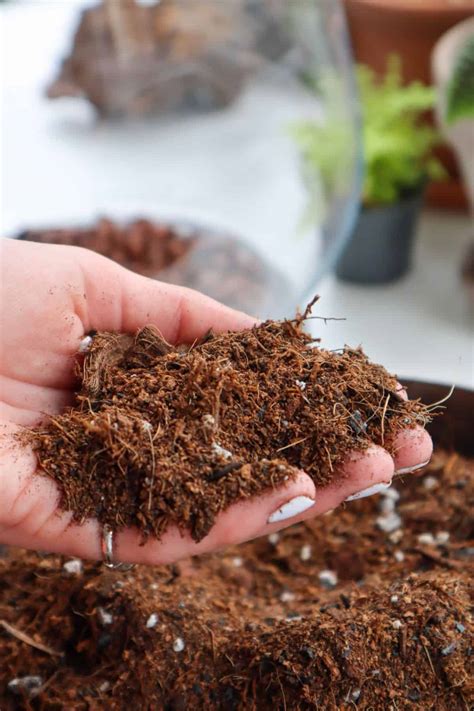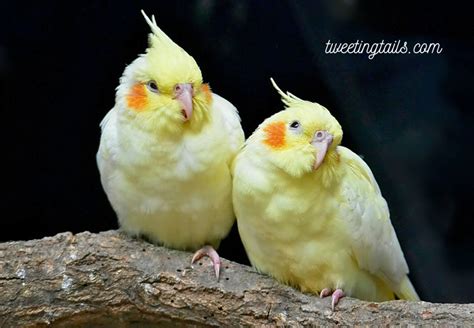Parrots, the vibrant and charismatic members of the avian world, have captivated bird enthusiasts for centuries with their extraordinary intelligence, playful nature, and stunning plumage. With over 400 species varying in size, color, and personality, these feathered friends offer a captivating glimpse into the diverse tapestry of animal behavior.

Physical Characteristics
Parrots exhibit a remarkable range of physical appearances. The smallest parrots are the pygmy parrots, measuring just 3.5 inches in length. At the other end of the spectrum, the hyacinth macaw boasts an impressive size of 40 inches, making it one of the largest flying birds in the world.
Be Cool! Parrot Intelligence
Parrots possess exceptional cognitive abilities, rivaling those of primates and cetaceans. Their intelligence is evident in their ability to:
- Vocal Learning: Parrots have the remarkable ability to imitate human speech and other sounds. Some species, like the African grey parrot, have a vocabulary of over 500 words and can understand the meaning of certain sentences.
- Problem Solving: Parrots are known for their problem-solving skills. They can use tools, manipulate objects, and create strategies to obtain food or solve puzzles.
- Long-Term Memory: Parrots have an exceptional long-term memory. They can remember people, places, and events for years.
Sweet Yet Sassy! Personality Traits of Parrots
Parrots are renowned for their distinct personalities. Some are affectionate and cuddly, while others are more playful or independent. Some common personality traits include:
- Social: Parrots are highly social creatures that enjoy interacting with their flock and human companions.
- Chatty: Parrots are known for their vocalizations, which range from squawks to whistles to human speech.
- Playful: Parrots are playful and curious creatures that enjoy engaging in activities such as foraging, climbing, and playing with toys.
The Art of Parrot Communication
Parrots communicate in a variety of ways, including:
- Vocalizations: Parrots use vocalizations to communicate with each other and with humans. Their vocal repertoire includes calls, squawks, whistles, and songs.
- Body Language: Parrots use body language to express their mood and intentions. Their posture, eye movements, and feather movements can all convey different messages.
- Touch: Parrots use touch to groom and bond with their flock members. They may also use touch to communicate with humans.
Extinct or Thriving? Conservation of Parrots
The conservation status of parrots varies among species. Some species, such as the Lear’s macaw, are critically endangered with only a few hundred individuals remaining in the wild. Other species, such as the yellow-naped amazon, are considered vulnerable due to habitat loss and illegal pet trade.
However, there are also success stories in parrot conservation. The Mauritius echo parakeet, once thought to be extinct, has been successfully reintroduced to its native island.
Parrot Care: A Guide to Keeping These Birds Happy and Healthy
Providing proper care for parrots is essential for their well-being. Here are some key considerations:
- Diet: Parrots need a balanced diet that includes pellets, fresh fruits and vegetables, and nuts.
- Enrichment: Parrots require a stimulating environment that includes toys, perches, and interactive activities.
- Veterinary Care: Regular veterinary checkups are essential for maintaining parrot health.
- Training: Training parrots can help build a strong bond between the bird and its owner and can also help address behavioral issues.
4 Tips for Choosing the Perfect Parrot
Choosing the right parrot can be a rewarding experience. Here are four tips to help you make the best choice:
- Research: Learn about the different species of parrots and their care requirements.
- Consider Your Lifestyle: Choose a parrot that will fit into your lifestyle and personality.
- Adopt, Don’t Shop: Consider adopting a parrot from a rescue organization.
- Talk to an Expert: Consult with a veterinarian or parrot breeder to get professional advice.
4 Reviews from Happy Parrot Owners
“My African grey parrot, Iggy, is the smartest and most loving bird I’ve ever met. He can talk, sing, and even play games.” – Sarah, parrot owner
“My parrot, Coco, is a true cuddlebug. She loves to perch on my shoulder and give me kisses.” – Emily, parrot owner
“My parrot, Zeus, is a real character. He’s always getting into mischief and making me laugh.” – David, parrot owner
“My parrot, Kiwi, is a great listener. He always sits on my shoulder and listens to me talk for hours.” – Mary, parrot owner
The Future of Parrots: What We Can Do
The future of parrots is uncertain, but there are steps that we can take to help ensure their survival:
- Support Conservation Organizations: Donate to organizations that work to protect parrots and their habitats.
- Reduce the Illegal Pet Trade: Say no to buying parrots that have been illegally captured from the wild.
- Promote Responsible Breeding: Encourage parrot breeders to follow ethical breeding practices.
By working together, we can create a future where parrots can continue to thrive and bring joy to bird enthusiasts for generations to come.





















